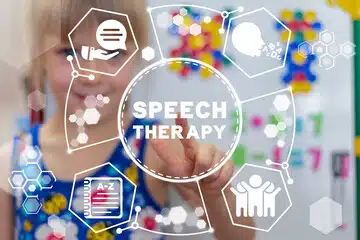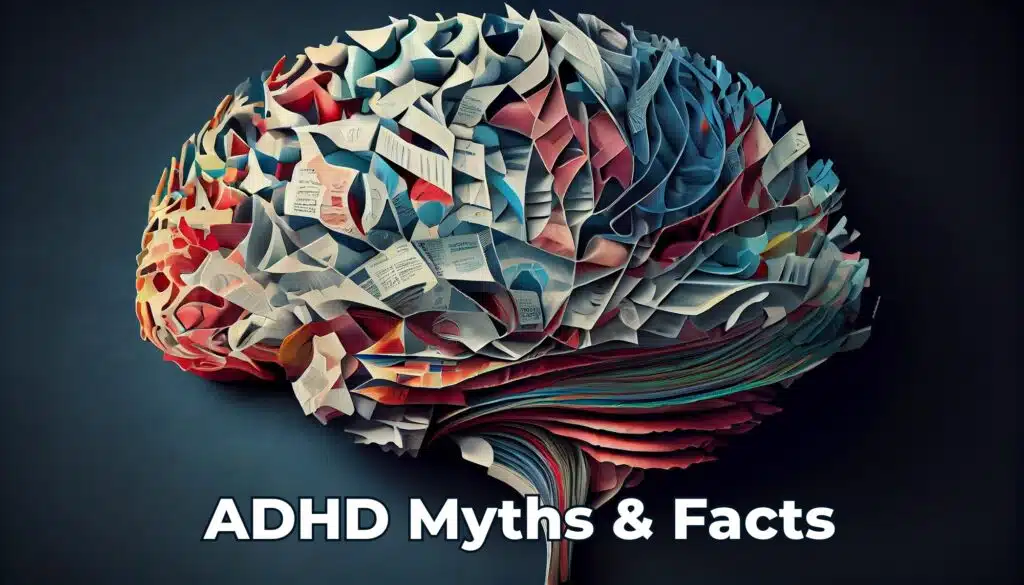Depression is a common mental health condition that affects millions of people worldwide. It can impact a person’s mood, energy, appetite and sleep, leading to feelings of sadness, hopelessness and helplessness. While some people manage their symptoms with self-care and support from loved ones, others may need professional help to recover and learn to cope with future episodes. Through this article, we’ll explore when to seek professional help for a loved one with depression and navigate the different treatment options available.
According to Mayo Clinic, depression is more than just a “bout of the blues”; it isn’t a weakness and you can’t simply “snap out” of it. It may require some kind of professional intervention and benefit from long-term treatment. Most people with depression will feel better with medication, psychotherapy or both.
Recognising the signs of depression
The first step in seeking professional help for a loved one with depression is to recognise the signs and symptoms. Depression can manifest in many ways, and it can be challenging to spot in some cases. Some common signs of depression include:
- Persistent feelings of sadness or hopelessness
- Loss of activities once enjoyes
- Changes in appetite or weight
- Sleeping too much or too little
- Faitgue or low energy
- Difficulty concentrating, remembering r making decisions
- Thoughts of suicide or self-harm
If you notice any of these signs in a loved one, it’s essential to take action by discussing your concerns and considering professional help.
When to seek professional help
While some people with depression can manage their symptoms with self-care and support from loved ones, others may need an extra helping hand. Have you considered whether you or someone you know might need a psychologist? Here are some signs that it may be time to seek professional help:
- Symptoms are severe or persistent: If your loved one’s symptoms are becoming worse, or they have been experiencing them for several weeks or months, it might be time to seek professional help. Depression can be a chronic condition that requires ongoing treatment, and ignoring the symptoms can lead to more severe mental health issues.
- Symptoms are impacting daily life: If your loved one’s depression is impacting their ability to work, socialise, or carry out daily activities, it’s time to seek professional help. Depression can be debilitating, and without treatment, it can lead to significant life disruptions.
- Your loved one is experiencing suicidal thoughts: If your loved one is experiencing suicidal thoughts, it’s crucial to seek professional help immediately. Suicide is a severe risk associated with depression, and it’s essential to get your loved one the help they need as soon as possible.
Treatment options for depression
Once you’ve recognised the signs and decided to seek professional help, it’s useful to understand the treatment options available. Here are some of the most common treatments for depression:
- “Talk” therapy: Talk therapy, also known as psychotherapy, is a common treatment option for depression. It involves meeting with a registered psychologist to discuss your thoughts and feelings and learn coping strategies to manage your symptoms. There are many different types of evidence-based psychotherapy for depression including cognitive-behavioural therapy (CBT), interpersonal therapy (IPT), and psychodynamic therapy.
“Talk therapy, also known as psychotherapy, is a medium for mental health professionals to communicate with clients.” – Harriet Donegan, Psychology Student Studying at the University of Melbourne
- Medication: Anti-Depressant medication can be a very effective treatment option for depression. These medications work by changing the chemistry of the brain to improve mood and reduce symptoms. It is essential to work with your General Practitioner or Psychiatrist to find the right medication and dosage, as they can have side effects and may not be suitable for everyone.
- Lifestyle changes: That’s right! Lifestyle changes can also be an effective treatment option for depression. Making simple changes such as regular exercise, a healthy diet, getting enough sleep, and reducing stress can assist in reducing the severity of symptoms. Additionally, activities such as mindfulness, meditation, yoga, and spending time in nature can also help.
“Slow, deep breathing is important… It’s like an anchor in the midst of an emotional storm: the anchor won’t get rid of the storm, but it will hold you steady until it passes.” – Russ Harris, a World-Renowned Trainer of Acceptance and Commitment Therapy
- Other therapies: Alternative or Adjunctive treatment can include options such as art therapy, music therapy, and even pet therapy to support the management of depression. These therapies involve engaging in creative activities or interacting with animals to improve mood and reduce symptoms.
A comprehensive article from Help Guide looking at clinical practice guidelines for the treatment of depression states that treatment takes time and commitment. It might feel overwhelming or frustratingly slow and that is absolutely normal. Recovery usually has its ups and downs, so being committed for accessing help and working towards recovery is a great place to start.
If you have a loved one who is struggling with depression, it can be challenging to know how to support them. Here are some tips to help you provide the support they need:
- Be there: One of the most important things you can do is to simply be there for your loved one. Listen to them without judgement, offer support and encouragement, and let them know you are there for them.
- Encourage professional help: Encourage your loved one to seek professional help if they haven’t already. Offer to help them find a therapist or psychiatrist and go with them to appointments if they would like you to. Consider adjunctive options such as online apps and support lines.
- Educate yourself: Learn as much as you can about depression and the various treatment options available. This will help you better understand what your loved one is going through and how you can support them.
- Practice self-care: Supporting a loved one with depression can be emotionally draining, so it’s essential to take care of yourself as well. Make time for self-care activities that help you relax and recharge.
- Be patient: Recovery from depression takes time, and there may be setbacks along the way. Be patient and understanding, and continue to offer support and encouragement.
FAQs
What are the signs and symptoms of depression?
The signs and symptoms of depression can vary, but some common ones include persistent feelings of sadness or hopelessness, loss of interest in activities once enjoyed, changes in appetite or weight, sleeping too much or too little, fatigue or low energy, difficulty concentrating or making decisions, and thoughts of suicide or self-harm.
How do I know when to seek professional help for a loved one with depression?
It may be time to seek professional help if your loved one’s symptoms are severe or persistent, if their symptoms are impacting daily life, or if they are experiencing suicidal thoughts.
What are some treatment options for depression?
Some common treatment options for depression include talk therapy, medication, lifestyle changes, and other therapies such as art therapy, music therapy, or pet therapy.
What is talk therapy, and how can it help with depression?
Talk therapy, also known as psychotherapy, involves meeting with a trained clinician to discuss your thoughts and feelings and learn coping strategies to manage your symptoms. Cognitive-behavioural therapy (CBT), interpersonal therapy (IPT), and psychodynamic therapy are some types of evidence-based therapies that are known to help with depression.
Are there any lifestyle changes that can help with depression?
Yes, regular exercise, a healthy diet, getting enough sleep, and reducing stress can all be helpful for managing depression. Additionally, activities such as mindfulness meditation, yoga, and spending time in nature can also help manage symptoms.
How do I know which treatment option is right for my loved one with depression?
The right treatment option will depend on your loved one’s specific needs and preferences. It’s essential to work with a healthcare provider or mental health professional to determine the best course of action.
How can EDUCARE Specialist Services help with depression treatment?
EDUCARE offers a range of medical and health services, including psychiatry, psychology, speech-language pathology, occupational therapy, and behavioural therapy, to support and enhance the mental well-being of children, teenagers, and adults. Contact us today to schedule an appointment and learn more about our services.
Contact EDUCARE to schedule an appointment with a specialist from our team and learn more about our range of medical and health services, including psychiatry, psychology, speech-language pathology, occupational therapy, and behavioural therapy.



